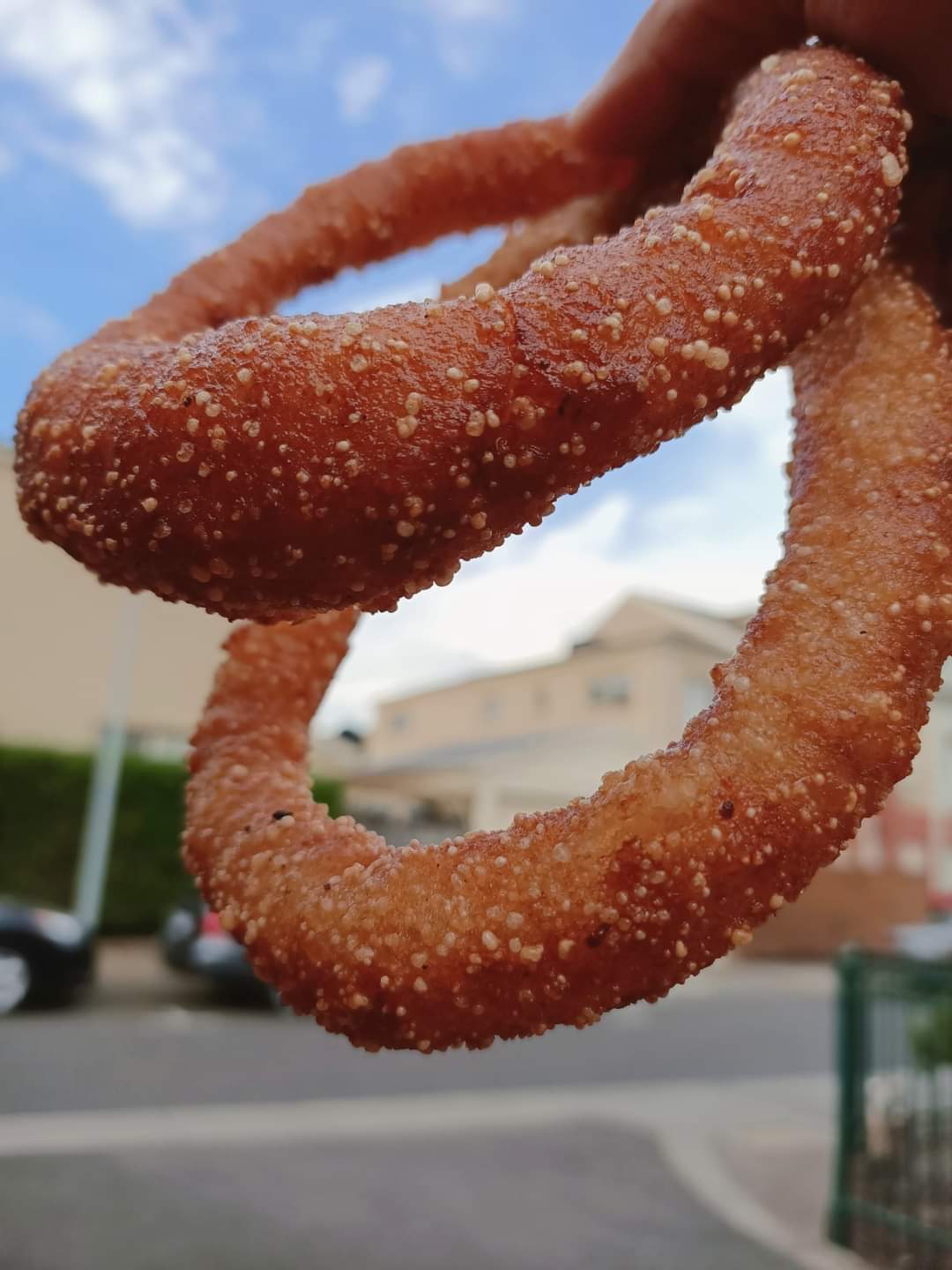When Raju Shakya first landed in Melbourne, Australia, at the age of 20, there were only a handful of Nepalis living there. Living in a close-knit community determined to help each other in a foreign land, Shakya started making connections with people from his homeland.
He participated in countless community activities like NRNA programs, team building campaigns to traditional music festivals and Nepali movie marathons. Shortly, Shakya, who went to Melbourne to study information technology, became a prolific member of the small community of Nepalis there.
Being active in these groups kept him connected to his roots and even made him more passionate about his own culture. “My life was pretty boring after I graduated in 1997,” Shakya tells ApEx. “I worked for a software company as a programmer and project manager and got to travel around the world for my work—but something was missing.”
He continued doing community work right through his 15-year career as a software programmer. Strangely, only during these moments with people from his homeland did he feel a sense of joy. “People always say that your love for your country amplifies after you leave it—I can say that’s true,” Shakya says. “I loved all things Nepali—the movies, the music, and especially the food.”

But being allowed to showcase Nepali culture and indulging in it during community festivals were not enough for Shakya. So he opened Solangture (shorthand for ‘society, language, and culture’) with his friends Ranjan Vaidhya and Sudir Shakya.
Popular among Australians for its yearly Nepali music and food festivals, Solangture has made a name for itself with its local momo-eating contests.
“When we organized our first festival in 2017, we were shocked to see thousands of people in attendance,” he confesses. By 2017, a considerable number of Nepalis had migrated to Australia. What Shakya and his team hadn’t anticipated was that almost 40-50 percent of them were dying to get a taste of Nepal.
“We often underestimate the value of our culture,” the businessman says. “Everyone recognizes gyoza as Japanese dumpling, and bao as Chinese dumpling—but momo is rarely talked about, even when there is such a large market for it.”
This, Shakya says, is our fault, at least in part. “I see countless Nepali restaurants around Melbourne that claim they’re serving authentic Nepali cuisines but when you enter them you find they offer both Nepali and Indian dishes,” he says. This confuses people who are unfamiliar with our country, he adds, making them believe that Nepali cuisine has nothing unique to offer.
Nepali businessmen in foreign lands are afraid to embrace their uniqueness and instead place a safety net on their businesses—especially when it comes to food. And this has prevented the actual taste of Nepal from getting the love and recognition that it deserves.
When Shakya continued with the music and food festivals in 2018 and 2019, he saw even more interest, with almost 30,000 people attending the festival in three days each year. Solangture served its guests momo and brought in popular artists like Kutumbha to perform Nepali numbers.

But with the involvement of an unprecedented number of people also came complaints—mostly concerning the festival facilities. “Every year we tried to improve the facilities, and each time we were greeted with more people than we anticipated,” Shakya says.
Solangture was gearing up for the 2020 festival—which they were planning to hold not just in Melbourne, but also in Sydney and Brisbane—when Covid-19 pandemic halted their plans.
“We were still trying to find ways to serve quality momo to our customers when the lockdown started,” Shakya says. But in June 2020, Solangture started Momo Kingdom—an online shop to order frozen momo in Melbourne.
Within a few months of its establishment, Momo Kingdom was overwhelmed with orders. So Solangture came up with a system in which the staff make momo throughout the week but deliver them only on weekends. Yet, just during these two days, there are at least 50 orders from all over Melbourne. After seeing an increase in demand, the company has also diversified its menu, adding buff sukuti, goat meat, choila, fokso fry, bhutan, and chowmein to the list.
Solangture had to hire four additional staff just so they could cover the entire city. Aside from Nepalis, Solangture also finds itself delivering to other South Asians and Australians in Melbourne.
“Momo Kingdom isn’t exactly a restaurant and we are yet to decide what we’re going to do with it,” Shakya says. “But our goal remains the same: promoting Nepal’s authentic taste around the world.”











